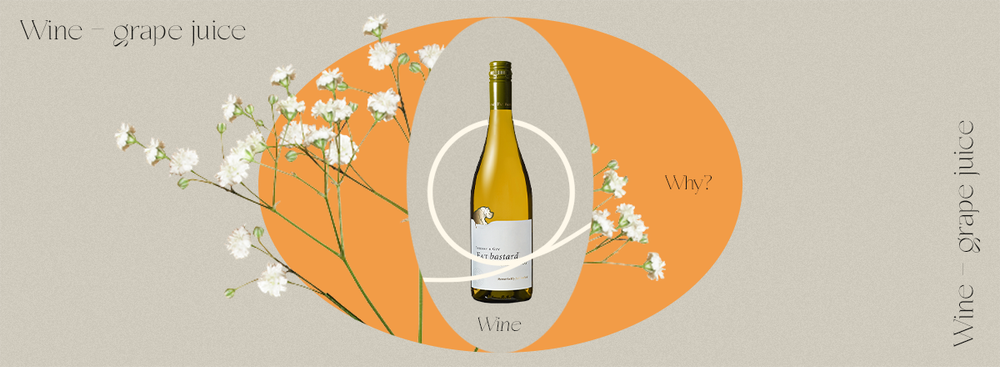In Handy Tips, we find ways to improve your life and make it easier and explain why these tips work. Today, we will tell you why drinking an occasional glass of wine is good for you. It may promote longevity, provide antioxidants, and can help protect against heart disease and harmful inflammation.
The French smoke a lot, eat fatty cheeses and pâtés, but they suffer from heart diseases 40% less than other Europeans. Here's why.
Ethanol
Ethyl alcohol contained in dry wine is light alcohol. 250 ml of wine per day for a man and 125 ml for a woman will reduce stress and the effects of harmful radiation.
Micronutrients
Potassium, magnesium, sodium, calcium, phosphorus, iron, and other trace elements are essential for healthy biochemical and biological processes, and iodine and fluorine are vital for the thyroid gland and tooth enamel. By the way, as the wine matures, the amount of minerals in it decreases: they precipitate and form a deposit on the sides or bottom of the bottle or on the cork.

Vitamins
A, C, and B vitamins, as well as a significant amount of vitamin P, regulate metabolism and support the harmonious work of all organs and systems of the body. As wine ages, the number of vitamins in it increases.
Biologically-active compounds
Bioflavonoids (catechins, anthocyanins, tannins, resveratrol) give wine color, astringency, and the ability to strengthen blood vessels, prevent blood clots, lower blood pressure, and inhibit the growth of cancer cells.

Organic acids
Wine, apple, oxalic, amber, lemon, and other acids. Thanks to them, wine has a taste, as well as bactericidal and antimicrobial properties.
Last but not least
Two centuries ago, doctors prescribed wines in hospitals: white ones for the heart, tart red ones for people with indigestion, and sweet red ones for those suffering from anemia.


















